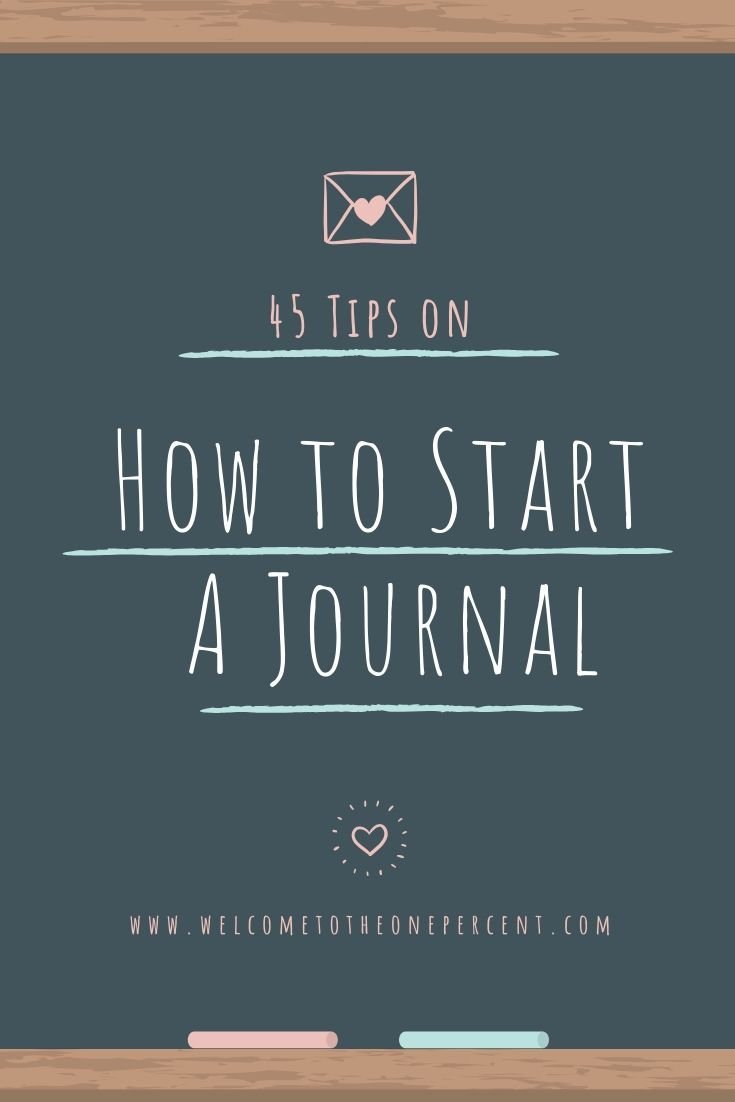One of the most powerful self-care steps you can take is to embrace the art of journaling. You might feel like dismissing this, but before you do, take a look at a few facts.
Studies Have Shown:
- ✓ People who journal experience better moods.
- ✓ Journaling helps to reduce stress.
- ✓ Regular journaling is an effective tool to fight depression and anxiety.
- ✓ People who journal don’t get sick as often.
- ✓ Journaling can even help people to fight disease, including cancer, AIDS, and asthma.
- ✓ Healing from medical procedures occurs faster in people who journal as opposed to those who don’t.
Where the Magic Really Happens
- ✓ Your mood improves
- ✓ Your anxiety lessens
- ✓ You gain clarity
- ✓ You see things as they are
- ✓ You become a Problem-Solver
- ✓ Helps you to see the rhythm of your life
- ✓ Journaling becoming therapy
- ✓ You get to know yourself better
- ✓ You resolve disagreements better
- ✓ You discover truth about yourself

There is a Journal for Everything
- ✓ Gratitude
- ✓ Success
- ✓ Goal
- ✓ Habit
- ✓ Food
- ✓ Health
- ✓ Bullet
Journaling Tips
- ✓ Write by hand
- ✓ Choose your journal to fit your needs
- ✓ Start simply
- ✓ Ignore the word count
- ✓ Embrace inspiration
- ✓ Choose the best time of day
- ✓ Go into detail
- ✓ Focus on the emotion
- ✓ Don’t beat yourself up
- ✓ Make journaling part of you routine
- ✓ Forget perfectionism
- ✓ Try a brain dump
- ✓ Let therapy happen
- ✓ Use a writing prompt
- ✓ Get artistic
5 Ways A Journal Can Jumpstart Your Creativity
Keeping a journal is not just recording the events of your life or how you’re feeling. It can be a way of supporting your creative life. It’s a low risk, private as you want, way of writing down your ideas, your dreams and your resolves. It can be very instructive to read the journals of writers, artist, and actors and get an insight into how they used journaling to grow and develop in their field.
Here are five ways keeping a journal can enhance your creativity.
1. It provides a safe space
Between the pages of your journal, you can keep safe all those ideas that are just starting to form, that are not quite ready to be explored on canvas or turned into a short story, book or article.
2. It quiets your inner critic
Journaling can help shush your inner critic, that little voice that polices all your thoughts and ideas. Research has shown that when you write without expectation, the part of your mind that acts as a censor steps aside and lets you get on with it. Journaling, free writing or morning pages allow you to write for the sake of it, no editing, no agonizing. And that frees up your creative flow!
3. You can develop your voice
Journaling is freeform, messy writing. No one is going to read it, so you can be free to test out and build your voice. It’s a time to experiment, explore styles and not worry if it doesn’t work.
4. Journaling can allow ideas to form
As you get into the creative flow of journaling, you free up your mind to start spawning new ideas. The process makes space for ideas to well up, ideas you may not have had if you were trying too hard. And there’s no commitment to take any of them further unless you want to, and it feels right.
5. You can write about what matters to you
Your journal is yours and yours alone. You can write down your secret fears; you can write your truth. Once it’s down on paper, then you can decide if you want to do anything with it. You can take aspects of your truth and turn them into a poem or a painting. Journaling gives you practice in acknowledging and embracing your truth. And your art will sing more authentically because of it.

5 Surprising Benefits of Journaling
There are many ways to keep a journal. You can record the events of your days, plan a vacation, analyze your dreams or use a bullet journal to organize your life. Journals can help you capture your thoughts or plot out your career.
As well as decluttering your mind, keeping a journal can have some surprising benefits.
1. Journaling helps reduce stress
The act of putting your feelings on paper helps you to manage your stress levels better. All those anxieties and worries stop going in circles inside your head, allowing you to step back and get a deeper perspective on the things that are troubling you. It can even help with problem-solving!
2. Journaling can improve your mental health
Journaling is often recommended by psychologists and therapists. Journaling helps you to work through the issues that come up in your therapy sessions, complementing and supporting the process of healing. It can be a powerful tool in removing psychological blockages.
3. Journaling improves your cognitive skills
Developing a journaling habit helps your brain to function more efficiently. Studies have shown that the act of writing strengthens the learning process and stores facts and concepts more firmly in your memory. Writing helps to develop new neural pathways in your brain, connecting new information with data already stored in your memory.
4. Journaling helps you meet your goals
Studies have found that you are 42% more likely to achieve your goals if you write them down! Journaling gives you the space to work through ideas, setting out the details and the possibilities. Writing about the process helps you to track progress, so you can see how close you’re getting to achieving your goal or where you may have gone off track.
The habit of keeping a journal gives you a physical and mental discipline and focus that will influence other areas of your life. Writing down your goals and aspirations gives you a strong motivation to achieve them!
5. Journaling inspires creativity
Keeping a journal allows you to write down whatever ideas come into your head. The brilliant thoughts that you have in the shower can be lost forever – or kept safe if you write them down.
Journaling is a private, safe space for you to explore ideas that might not have a home in your professional or everyday life. And once let off the leash, there’s no telling what sort of magic your creative mind will come up with!
More Journaling Tips

























